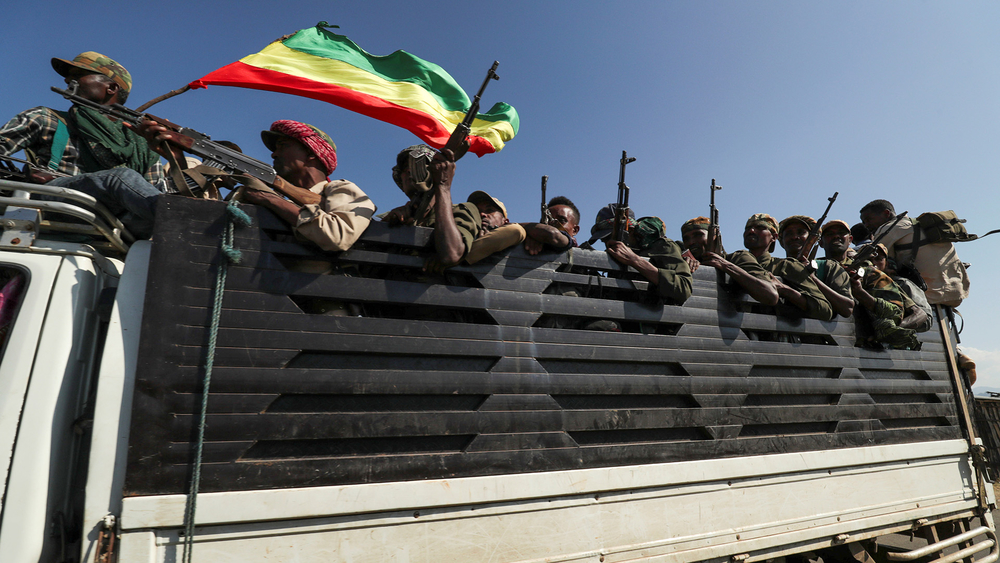Thousands of Ethiopian soldiers and refugees have escaped into neighboring country Sudan as tension continues to escalate between Tigray fighters and the Federal government militia following the Prime Minister Abiy Ahmed’s call for military intervention in the Northern region of Ethiopia.
Tigray is one of the few semi-autonomous areas within Ethiopia with most of its inhabitants of Tigrayan ethnicity as its governing party The Tigray People’s Liberation Front (TPLF) provided most of Ethiopia’s leaders in the past until recently when Abiy of the Oromo tribe took over government.
Despite several attempts in the past to unify and bring peace among the different tribes and parties of Ethiopia, racial conflicts and divides still undermine the country’s potential and growth. The prime minister recently ordered the military intervention in the Tigray province as opposed to the peace talks he so highly advocated for during his Nobel Peace prize acceptance speech in 2019 after he claimed the TPLF attacked a military base within the province.
Although his efforts saw an end to the Eritrean-Ethiopian Border war that rocked the nation for two years, his charisma seems to have had no effect on the Tigrayans, who for decades held a sizeable amount of power and influence in Ethiopia’s politics. The sudden change in powere has led to growing friction between the two parties and escalated when the Tigrayans held their own elections despite the Prime Minister calling off the elections due to Covid-19 restrictions.
For Centuries Ethiopia’s politics have been influenced by ethnicity as various tribes and ethnic lines determined the outcome of various governments regardless of the country’s best interests. This factor led to the Prime Minister’s proposal of a multi-racial party the pan-Ethiopian Prosperity Party (PP) that would unify the various ethnic parties, however TPLF would have none of it, further pushing for an independent government separate from the Ethiopian Federal Government.
The last straw came when the TPLF refused to acknowledge Abiy’s regime and instead opted to carry out independent elections further snubbing the government’s attempts to unify the different ethnical parties. On the other hand Tigray’s leaders have spoken out and accused Abiy’s regime of unfairly targeting them in corruption scandals and blaming them for majority of the country’s problems, forcing them to fight back against what they describe as an ‘authoritarian regime.’
So far hundreds of Ethiopians have been reported dead in the ongoing Tigrayan crisis and thousands more continue to flee although the Prime Minister maintains that the country isn’t deteriorating into chaos. Many suspect that the war threatens to besmirch the stellar performance of the Nobel Peace Prize Laureate who advocated for peace at the beginning to his term in Government.








